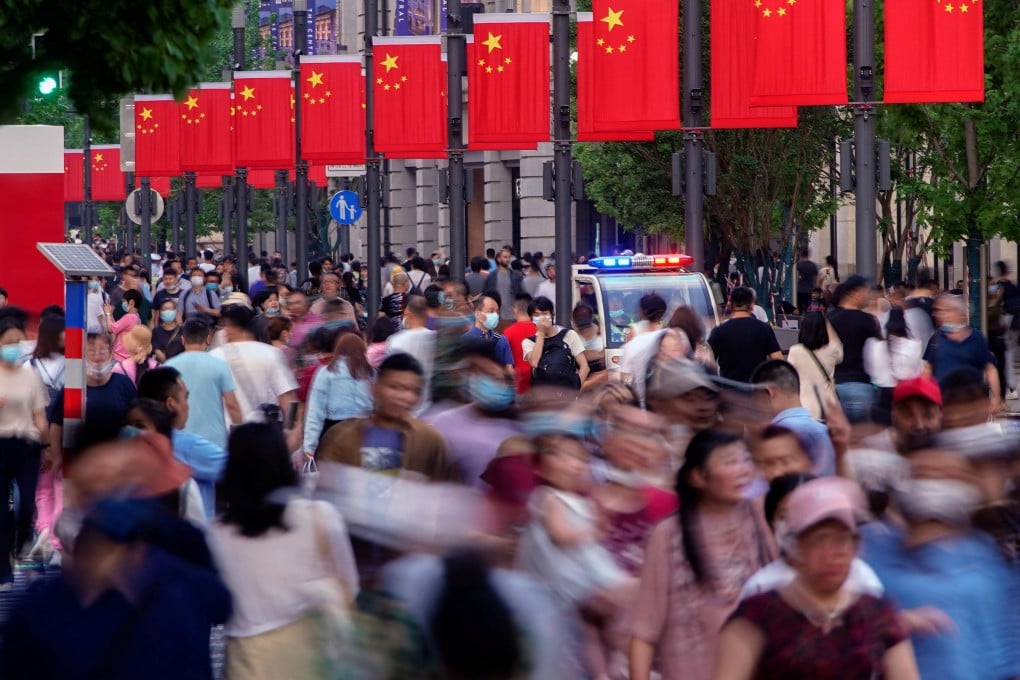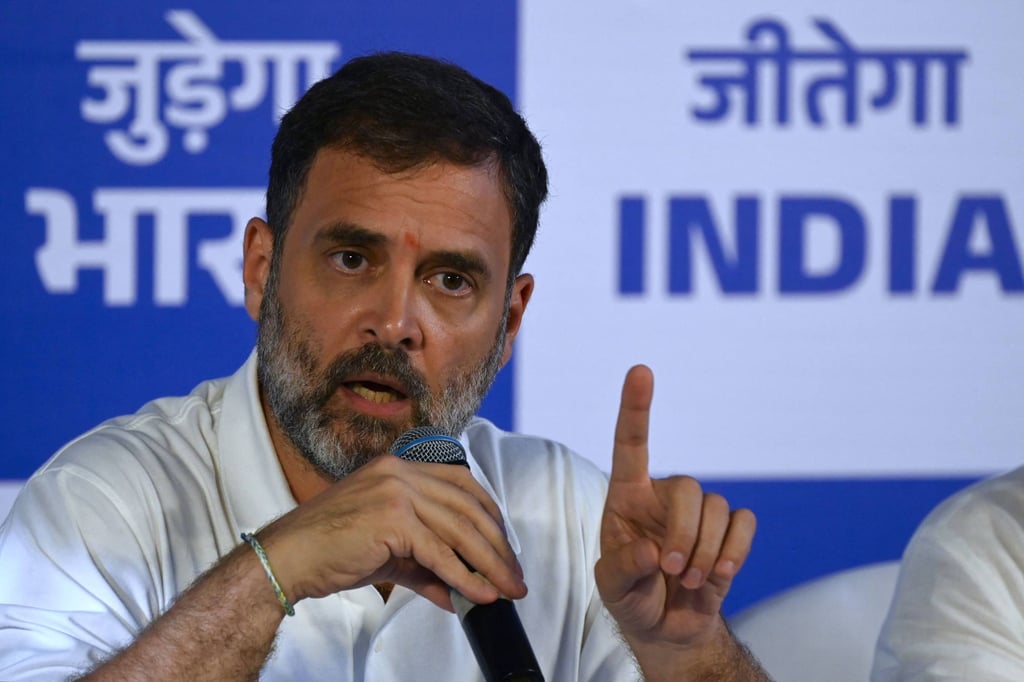West ‘created’ modern China by making it factory of the world, says India’s Rahul Gandhi
- The politician said the US and Europe had facilitated China’s ‘coercive production model’, and advised the West to establish a democracy-based manufacturing alternative with India
- Speaking at a civil society event, Gandhi said India could not replace Chinese manufacturing, instead proposing a ‘production vision within a democratic environment’


The Congress Party leader said the West decided “30 or 40 years ago” that they did not want to be in the “business of production, and essentially handed over production to the Chinese”.
“Another way of putting it would be that they handed over the social conflict of production. And they said listen, you handle this problem. We don’t want to deal with the political consequences of having 20, 30, 40, 50,000 factories in Europe,” Gandhi said.
“We will happily live selling the products that you produce. We will create a credit-based economy. We will create an economy that depends on rising housing prices. And we will go away from the raw, difficult challenge of producing,” he added. “That is what has produced the Chinese model.”
He was speaking at a civil society event at the Brussels Press Club, attended by the Post.